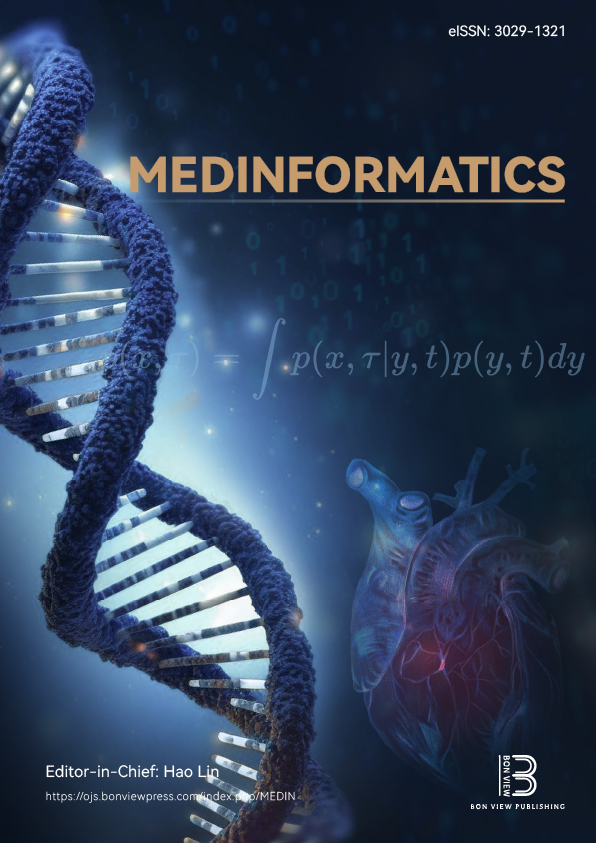Environmental Epigenetics and Its Impacts on Disease Susceptibility: A Comprehensive Review
DOI:
https://doi.org/10.47852/bonviewMEDIN42022945Keywords:
environment epigenetics, disease susceptibility, epigenetic modifications, environmental factors, pollutants and toxins health risks, epigenetic biomarkers, gene expression regulationAbstract
Environmental epigenetics, an emerging field, investigates the interplay between environmental factors and epigenetic changes, shaping an individual's disease vulnerability. This review highlights the associations among genetics, environment, and health. Environmental epigenetics significantly impacts disease susceptibility through mechanisms like non-coding RNAs, histone modifications, and DNA methylation, responding to external stimuli and dynamically interacting with genes. Lifelong epigenetic imprints, influenced by the prenatal environment, early experiences, diet, chemical exposures, and lifestyle, dictate health trajectories across the lifespan, elevating the risk of various illnesses, including cancer, cardiovascular, metabolic, and neurological conditions. Major findings demonstrate how antenatal environmental factors—like mother's diet, food and stress level—shape fetal epigenetic programming and impact health consequences in the future. Furthermore, it has been demonstrated that environmental pollutants and dietary nutrients can modify epigenetic markers, highlighting the crucial role that lifestyle decisions have in reducing the risk of disease. Significantly, the notion that epigenetic alterations may be passed down through generations raises the possibility that environmental exposures may have an impact on health consequences for future generations. Environmental epigenetics revolutionizes our understanding of gene-environment interactions and their role in disease etiology. The study concludes by highlighting the revolutionary implications of environmental epigenetics for comprehending the etiology of disease and customizing public health approaches, and by promoting the incorporation of both genetic and environmental components within public health frameworks. The knowledge acquired calls for an evolution of paradigms in medicine toward customized care utilizing epigenetic biomarkers and calls for more studies to improve therapies that lessen the harmful epigenetic consequences of exposure to the environment.
Received: 27 March 2024 | Revised: 18 June 2024 | Accepted: 30 July 2024
Conflicts of Interest
The authors declare that they have no conflicts of interest to this work.
Data Availability Statement
The data that support this work are available upon reasonable request to the corresponding author.
Author Contribution Statement
Taiwo Temitope Ogunjobi: Conceptualization, Investigation, Writing - Original Draft, Writing - Review & Editing. Tolulope Judah Gbayisomore: Investigation, Writing - Review & Editing. Patrica Okwuchi Nneji: Project administration. Oluwatoyin Olabimpe Olofin: Conceptualization, Methodology. Emmanuel Niyi Olowe: Validation, Formal analysis. Chimaobi Divine Gigam-Ozuzu: Validation, Formal analysis. Jolayemi Ibidunni Afolabi: Supervision. Ngozi Benedette Okwuokei: Resources. Victor Abiodun Boluwaji: Resources. Taiwo Paul Ojeniran: Visualization. Ikenna Oluebube Ogini: Visualization. Seth Olorunmijuwonlo Adesope: Methodology. Toheeb Damilola Yissa: Data Curation. Cyril Arinze Eji: Data Curation.
Downloads
Published
Issue
Section
License
Copyright (c) 2024 Authors

This work is licensed under a Creative Commons Attribution 4.0 International License.


